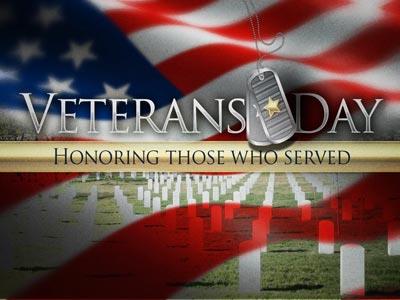-
Calm Down A Fight, Flight, Or Freeze Reaction
Contributed by Thomas Swope on Jan 16, 2019 (message contributor)
Summary: A study in the book of 2 Chronicles 11: 1 – 23
2 Chronicles 11: 1 – 23
Calm down a fight, flight, or freeze reaction
11 Now when Rehoboam came to Jerusalem, he assembled from the house of Judah and Benjamin one hundred and eighty thousand chosen men who were warriors, to fight against Israel, that he might restore the kingdom to Rehoboam. 2 But the word of the LORD came to Shemaiah the man of God, saying, 3 “Speak to Rehoboam the son of Solomon, king of Judah, and to all Israel in Judah and Benjamin, saying, 4 ‘Thus says the LORD: “You shall not go up or fight against your brethren! Let every man return to his house, for this thing is from Me.” Therefore, they obeyed the words of the LORD, and turned back from attacking Jeroboam. 5 So Rehoboam dwelt in Jerusalem and built cities for defense in Judah. 6 And he built Bethlehem, Etam, Tekoa, 7 Beth Zur, Sochoh, Adullam, 8 Gath, Mareshah, Ziph, 9 Adoraim, Lachish, Azekah, 10 Zorah, Aijalon, and Hebron, which are in Judah and Benjamin, fortified cities. 11 And he fortified the strongholds, and put captains in them, and stores of food, oil, and wine. 12 Also in every city he put shields and spears, and made them very strong, having Judah and Benjamin on his side. 13 And from all their territories the priests and the Levites who were in all Israel took their stand with him. 14 For the Levites left their common-lands and their possessions and came to Judah and Jerusalem, for Jeroboam and his sons had rejected them from serving as priests to the LORD. 15 Then he appointed for himself priests for the high places, for the demons, and the calf idols which he had made. 16 And after the Levites left, those from all the tribes of Israel, such as set their heart to seek the LORD God of Israel, came to Jerusalem to sacrifice to the LORD God of their fathers. 17 So they strengthened the kingdom of Judah and made Rehoboam the son of Solomon strong for three years, because they walked in the way of David and Solomon for three years. 18 Then Rehoboam took for himself as wife Mahalath the daughter of Jerimoth the son of David, and of Abihail the daughter of Eliah the son of Jesse. 19 And she bore him children: Jeush, Shamariah, and Zaham. 20 After her he took Maachah the granddaughter of Absalom; and she bore him Abijah, Attai, Ziza, and Shelomith. 21 Now Rehoboam loved Maachah the granddaughter of Absalom more than all his wives and his concubines; for he took eighteen wives and sixty concubines and begot twenty-eight sons and sixty daughters. 22 And Rehoboam appointed Abijah the son of Maachah as chief, to be leader among his brothers; for he intended to make him king. 23 He dealt wisely and dispersed some of his sons throughout all the territories of Judah and Benjamin, to every fortified city; and he gave them provisions in abundance. He also sought many wives for them.
When we become threatened, we experience a surge of chemicals designed to allow us to survive through whatever the event is. The physiological effects are increased adrenaline, acceleration of heart and lung action, shaking, dilation of pupils and more. Cortisol, known as the “stress hormone,” is an integral part of our body’s “fight, flight or freeze” response. The fight, flight or freeze response is essentially a state of acute stress. While stress is usually seen as a negative, it is beneficial if we need the surge of chemicals to help us fight, flight or freeze to avoid danger. However, it is only useful in short bursts. Many of us get caught in this perpetual state, never releasing it from our system and returning to normal, or homeostasis.
In fact, living in this kind of biological survival state can make us more vulnerable to common physical ailments that are related to or triggered by stress: cancer, heart disease and diabetes.
How can we correct the ‘Fight, Flight or Freeze’ reaction?
Animals in the wilderness shake, tremble, run, or do other physical activities to discharge the effect of these stress chemicals on their body. The natural human tendency is to do this too. But, we are often told (by ourselves or others) to ‘calm down,’ ‘get it together,’ ‘stop being so sensitive,’ and ‘be a big boy/girl and suck it up,’ ‘just stop for a moment and breathe.”
When we purge the survival chemicals after a trauma, it shows our primitive brain that we survived, and we are safe. This sends a signal to the cognitive brain to process the information and throw out the irrelevant associations related to it. Facing and surviving a trauma, if discharged in a healthy way, can help us feel more empowered and able to handle things in the future. It can create a sense of security even.

 Sermon Central
Sermon Central



